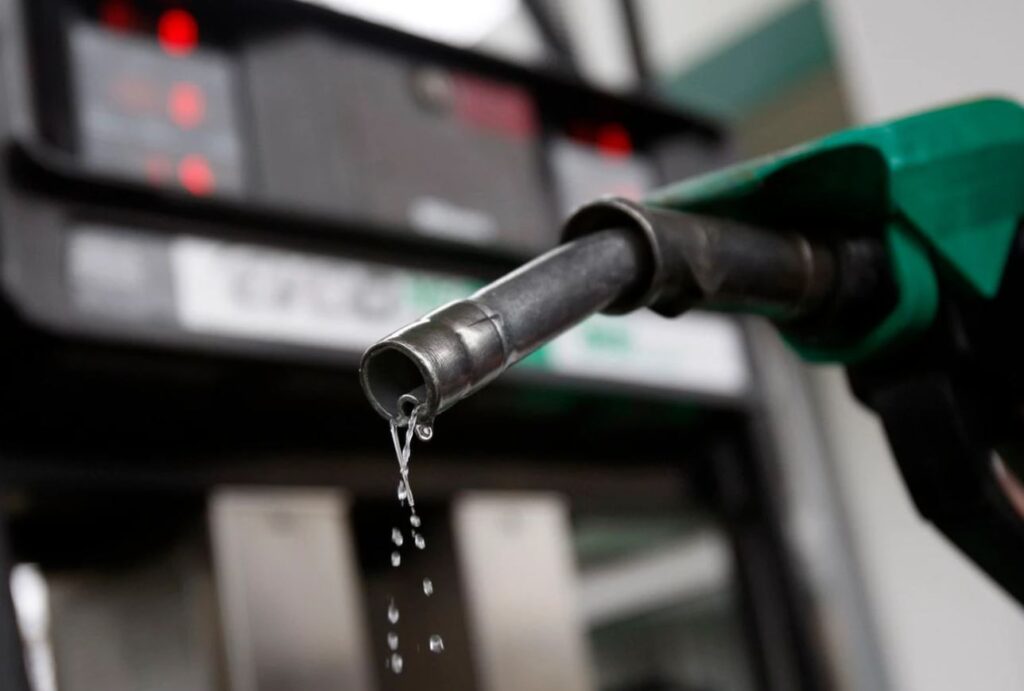Oil prices dipped on Tuesday, paring some gains from the previous session, as the market feared that more aggressive interest rates hikes from central banks may lead to a global economic slowdown and soften fuel demand.
Brent crude futures for October settlement dropped 56 cents, or 0.5 per cent, to $104.53 a barrel by 0620 GMT, after climbing 4.1 per cent on Monday, the biggest increase in more than a month.
The October contract expires on Wednesday and the more active November contract was at $102.57, down 0.4 per cent.
US West Texas Intermediate crude was at $96.86 a barrel, down 14 cents, or 0.1 per cent, following a 4.2 per cent rise in the previous session.
Inflation is near double-digit territory in many of the world’s biggest economies, a level not seen in close to a half century, which could prompt central banks in the United States and Europe to resort to more aggressive interest rate hikes.
“Risk appetite has cooled over an anticipation that the Federal Reserve would continue to increase interest rates … A pull-back of natural gas prices in Europe also adds uncertainties to the picture of energy crisis,” said analysts from Haitong Futures.
Also weighing on prices, Russia’s oil output has exceeded expectations in the wake of the war in Ukraine, the head of the International Energy Agency (IEA) said on Monday. But he said that Moscow, which calls its actions in Ukraine “a special operation”, will find it increasingly difficult to uphold production as Western sanctions begin to bite.
IEA members nations could release more oil from strategic petroleum reserves (SPR) if they find it necessary when the current scheme expires, the head of the agency also said.
However, political violence on Monday night in Iraq, OPEC’s second-largest producer, supported prices.
Government security forces and militias loyal to Shi’ite cleric Moqtada al-Sadr clashed around the Green Zone that houses government headquarters and embassies in the capital Baghdad, killing 20, in a long-running dispute over the formation of a new government since elections last year.
“As a major oil exporter with an output of over 4 million barrels per day, (Iraq’s) domestic situation has no less impact on oil prices than Iran,” Haitong’s analysts said.
Also offering some support to prices is tight supply. Saudi Arabia, top producer in the Organization of the Petroleum Exporting Countries (OPEC), last week raised the possibility of production cuts, which sources said could coincide with a boost in supply from Iran should it clinch a nuclear deal with the West.
OPEC+, comprising OPEC, Russia and allied producers, meets to set policy on Sept. 5.
The American Petroleum Institute, an industry group, is due to release data on US crude inventories on Tuesday with the Energy Information Administration, the statistical arm of the US Department of Energy, to follow on Wednesday.
US crude oil stockpiles likely fell 600,000 barrels with distillates and gasoline inventories also seen down, a preliminary Reuters poll showed on Monday.




